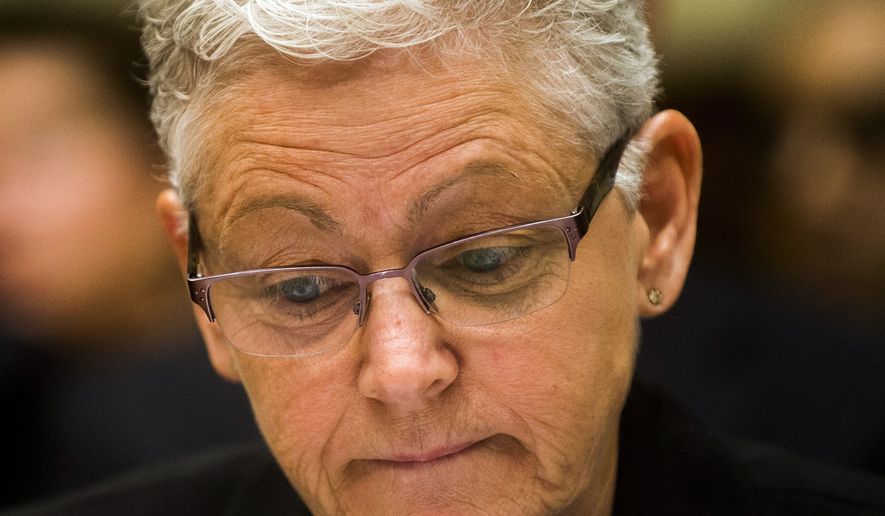OPINION:
It’s not necessary to consult a compass to see that the sun is rising in the east, but other phenomena of the natural world don’t fit as easily into the realm of “settled science.” That includes the nature of the earth’s changing climate, despite President Obama’s insistence that is does. New evidence about the impact of greenhouse gases on the earth’s temperatures indicates that the president and his Environmental Protection Agency have some explaining to do. His account should spell out exactly what he expects to accomplish by spending a large fortune on climate control.
Harvard researchers published a paper in the journal Geophysical Research Letters last month indicating that U.S. levels of atmospheric methane, a greenhouse gas, increased more than 30 percent between 2002 and 2014. The scientists compiled satellite and surface readings of methane to arrive at their finding, one that directly contradicts the EPA’s estimate that methane during that period had not risen at all, owing to the agency’s efforts to hold it down with air-quality regulations.
The implication of the research is unsettling. It challenges the central premise of the president’s climate change policy — an undeniable link between increasing greenhouse gases like methane and rising temperatures — and that the government must step in with strict regulations to save the planet. In defiance of computer-model forecasts, there has been an 18-year “pause” in the warming trend even as heat-trapping gas was supposed to have billowed across the landscape. The contradiction between prediction and measurement has the look of a well-cooked hypothesis.
Stubborn environmentalists reached a different conclusion from the new study. In an upcoming cover story in The Nation magazine titled “Global Warming’s Terrifying New Chemistry,” Bill McKibben, a “climate activist,” accuses the EPA of failing to block hydraulic fracturing, or fracking, a natural gas drilling technique in which methane sometimes escapes into the air. “We need to stop the fracking industry in its tracks, here and abroad,” he argues.
This is a convenient argument for opposing fossil fuels in any form, an argument drawn from fantasy, not facts. “The global burden of atmospheric methane has been increasing over the past decade, but the causes are not well understood,” say the Harvard researchers. “The U.S. has seen a 20 percent increase in oil and gas production and a ninefold increase in shale gas production from 2002 to 2014 … but the spatial pattern of the methane increase seen by [the satellite] does not clearly point to these sources.” Just as methane doesn’t track with states where fracking is concentrated, the measurements don’t track with higher temperatures. “Facts are stubborn things,” John Adams observed.
It may be stubborn facts that have led EPA Administrator Gina McCarthy to concede last week that her agency’s heavy-handed regulations are more about showing the climate change flag than actually saving the climate. Asked at a House committee hearing to explain the point of air quality rules that won’t have measurable impact on temperatures, Ms. McCarthy answered, “We see it as having had enormous benefit in showing sort of domestic leadership as well as garnering support around the country for the agreement we reached in Paris.” This is a version of the old ’60s mantra, “if it feels good, do it.”
Mr. Obama should explain what benefit America can expect to derive from the payment last week of $500 million to the United Nations Green Climate Fund as part of the Paris agreement. Such “leadership” costs a lot, and it won’t change the temperature.




Please read our comment policy before commenting.